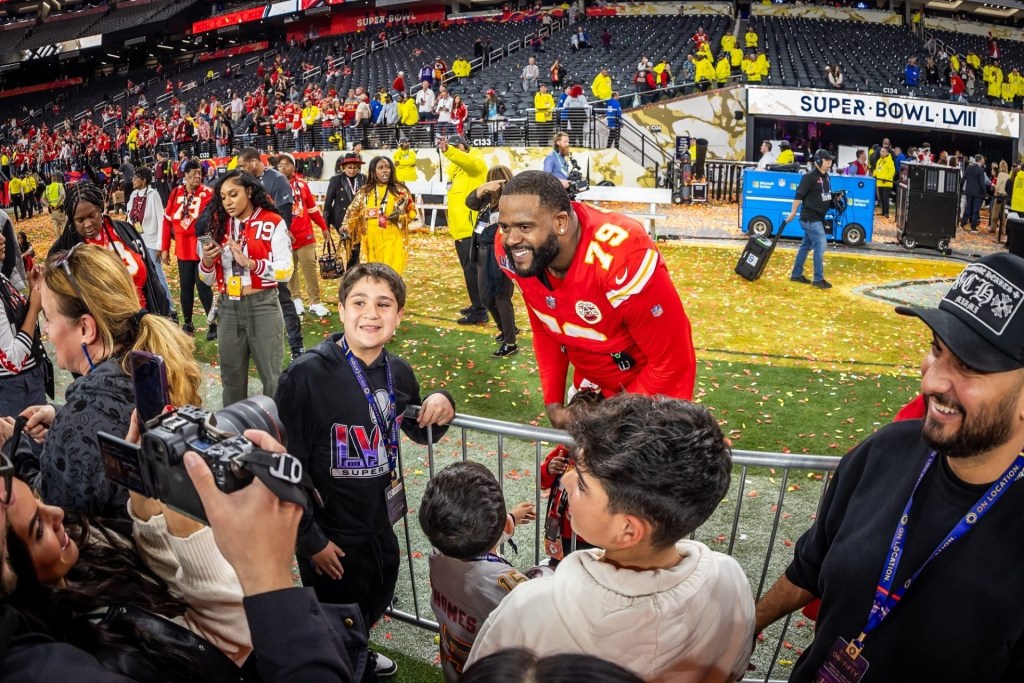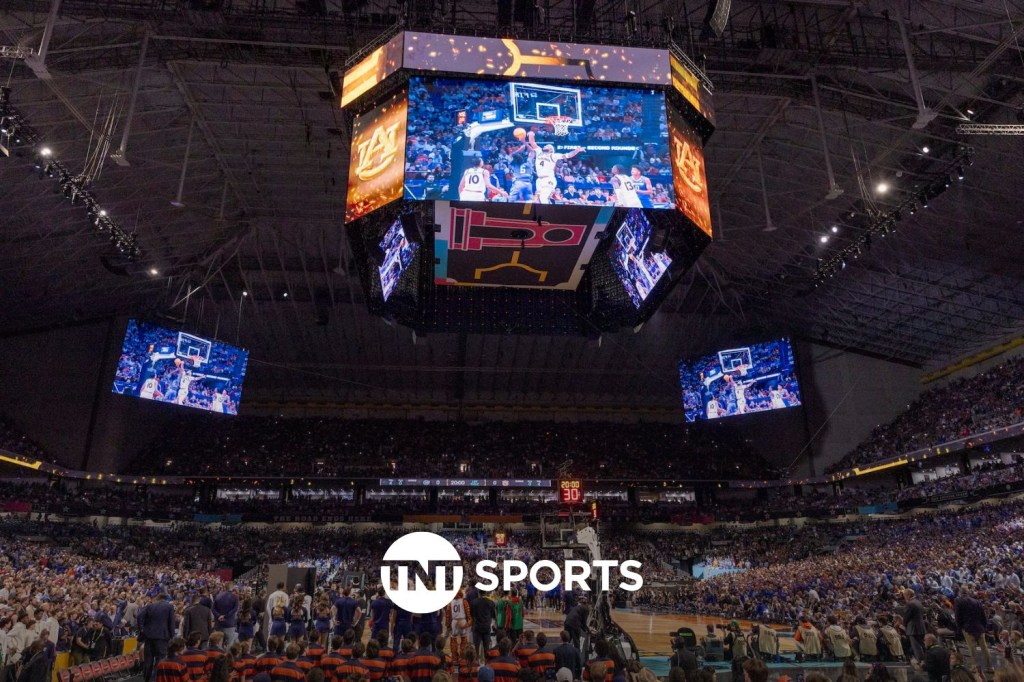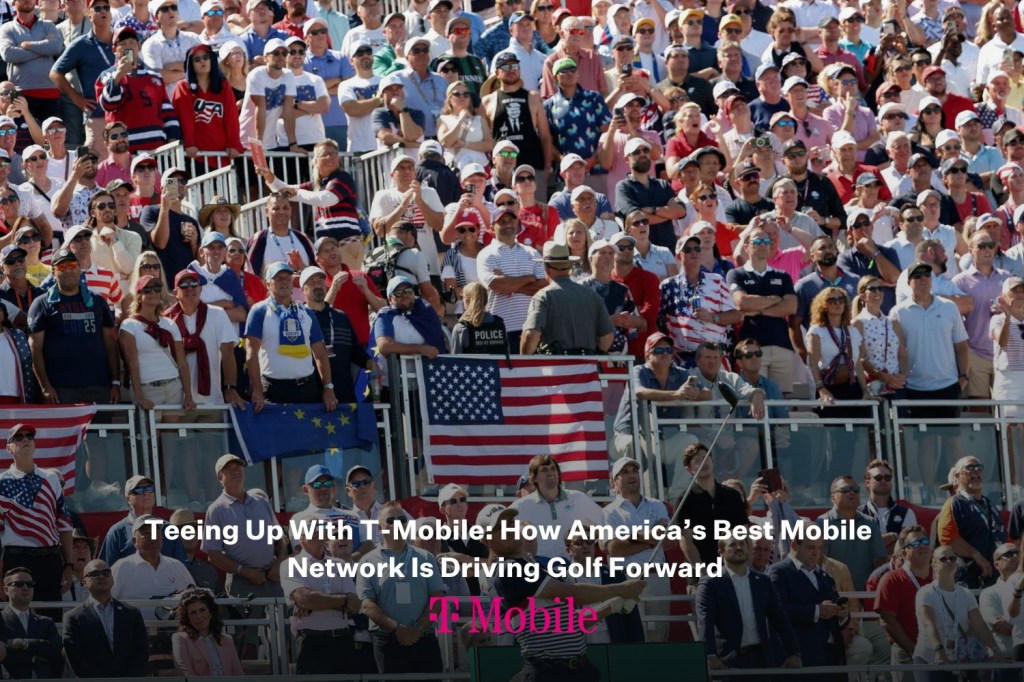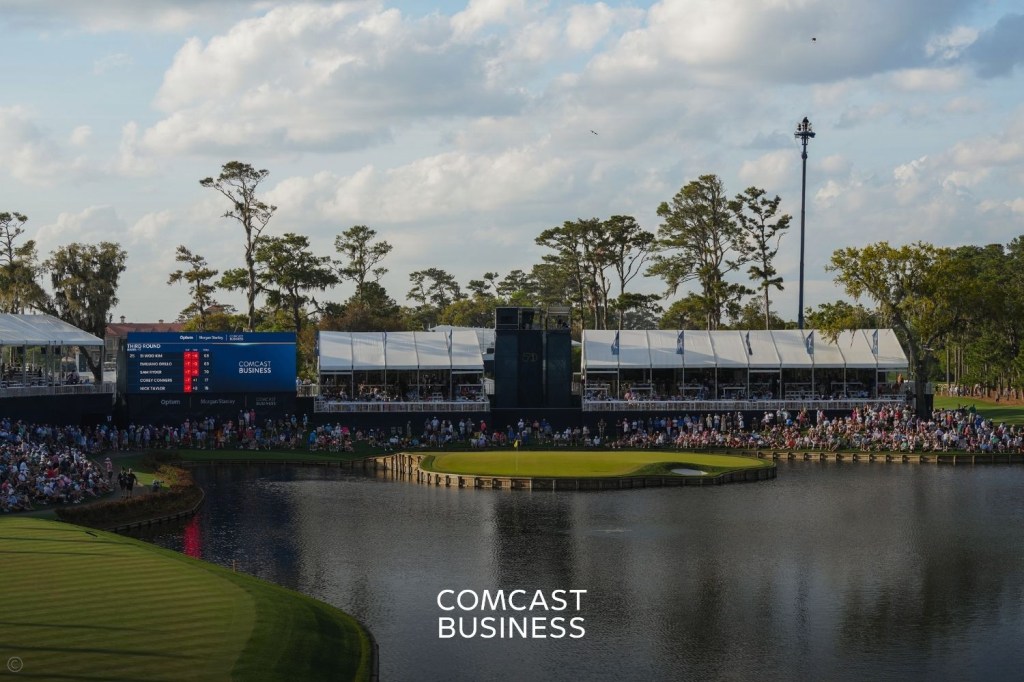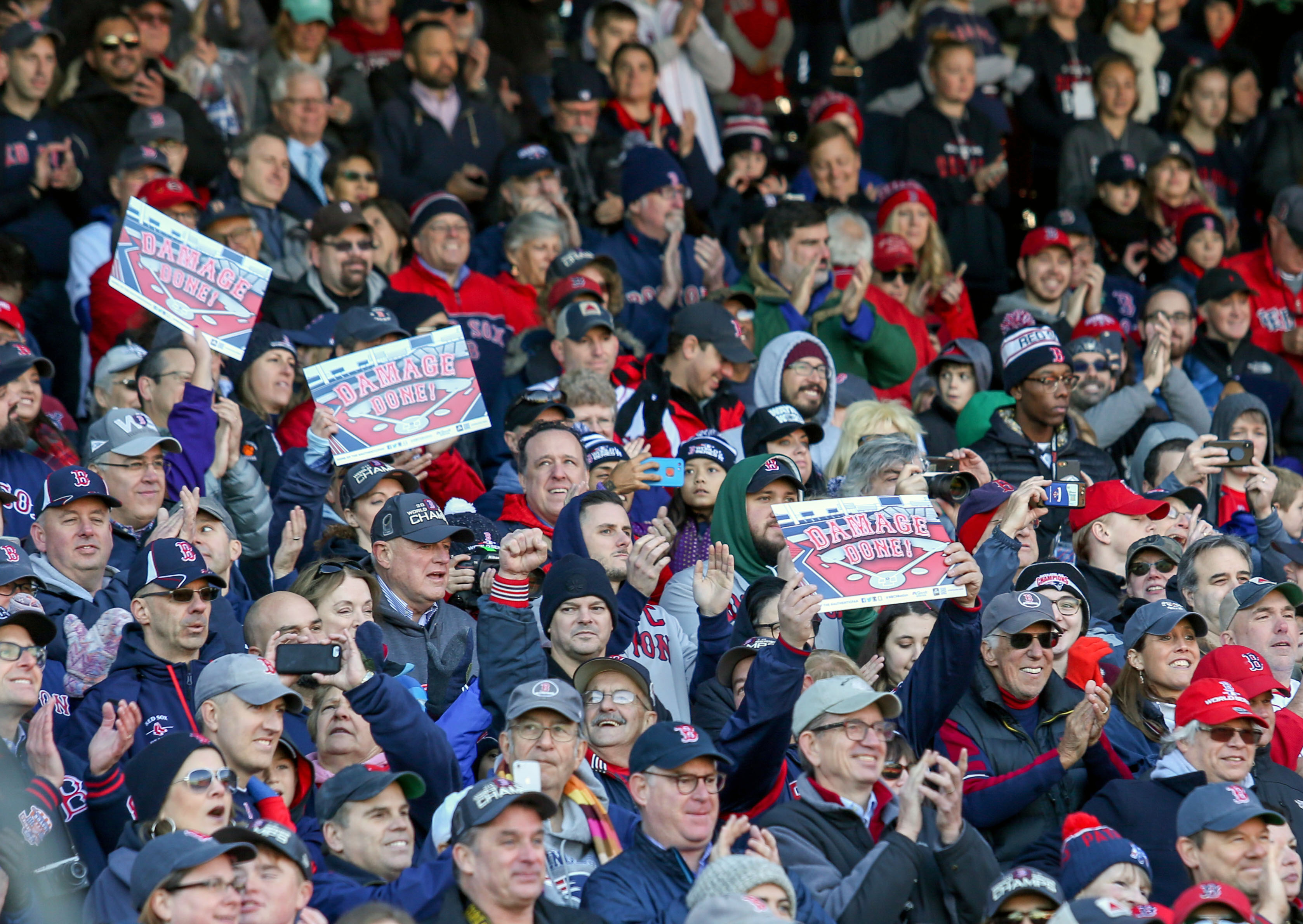
Credit: Paul Rutherford-USA TODAY Sports
The sports landscape is changing but expect season tickets to remain the backbone of professional sports attendance well into the future.
At least that’s the case in the NFL, where 85 percent of ticket sales are season packages, according to San Francisco 49ers Vice President of Sales and Services Jamie Brandt.
“The NFL season ticket is still kicking, something we’ll see for a long time,” Brandt said at a panel on the subject at South by Southwest. “The communal aspect of the NFL [with just eight games] is hard to generate in other leagues. We’re blessed in the NFL to have that tradition of every Sunday having the same 80 percent of the house being the same.”
READ MORE: How Teams Are Using Technology to Increase Ticket Sales
Writers from publications like The Ringer and the San Francisco Business Times have written about the impending death of the season-ticket model. Jamie Morningstar, senior vice president of ticket sales and services with the Milwaukee Bucks, says otherwise, and points to that narrative arising from some teams changing their sales strategies. Morningstar knows firsthand the power of how perception can impact sales. A few seasons ago, the Bucks experienced a decades-low in sales due to a failed strategy by the team to market season tickets as elite luxury items.
“That backfired a bit,” she said. “Our biggest thing was recommitting to creating experiences that make season ticket holders feel like they’re part of the family.” Buoyed by improvement on the court, Milwaukee hit a record this season of more than 10,000 season-ticket packages sold.
Brandt believes that perhaps the season ticket’s greatest power lies in its emotional appeal. “Season tickets are a genuine link to an organization,” he said. “People aren’t looking to disassociate.” Meanwhile, the factors that most often cause fans to detach — time and affordability — each can be surmounted with flexibility. By providing more flexible plans, a team also creates a funnel for future season ticket holders. With that in mind, everything from pricing to length to how tickets can be transferred should be able to be customized.
“You’re never renewing every season ticket holder,” Morningstar said. “We need to cultivate that dynamic so we have them in the building.”
[mc4wp_form id=”8260″]
That sense of belonging can also extend into promotional strategy. Eric Platte, Atlanta Hawks vice president of ticket sales, prefers a strategy of fostering community through exclusivity. This year, the team invited 10 to 20 Hawks season ticket holders for a pregame chalk talk with the coaching staff. The team also holds town halls with CEO Steve Koonin with 200 to 300.
“It’s just trying to find a way to differentiate season ticket holders versus general fan to build that FOMO,” he said. “You can’t buy that cool, unique experience.”
The next frontier could be buildings. Brandt was bullish on the seat license model often seen in new stadium and arena builds, which offer a bigger price upfront to help fund the construction but guarantee ownership of the season tickets at lower prices for however long the fan continues to buy them.
“A seat license has benefits that extend beyond the financial security of the team,” Brandt says. “It retains value and protects pricing long term while helping get that building built.”
With so many factors to consider, sales teams must be nimble and efficient. Morningstar stressed the importance of setting up a good culture while instilling a deep sense of accountability. It all sets up with a strong strategy to sell a vision of what team is — short and long term — outside of success on the court, at least in the Bucks’ case.
READ MORE: Oakland A’s Focus on Group Sales Paying Dividends
“Focusing on people and processes you have to prepare for the tipping point,” she said. “Over the last few years [the tipping point] is Giannis [Antetokounmpo]. The team has come together, a new building, all these little things, and for us, we were selling that story five years ago.”
But the one thing that should never get lost in the shuffle is the magic of the games themselves. As teams and leagues continue to compete with seemingly endless streams of content and increasingly selective media consumers, Platte said it’s important to sell the unscripted, live action with unknown finishes.
“Trae Young dropped 50 in a quadruple overtime game the other night,” Platte said. “People in the crowd will never get that again, 50 points from a 19-year-old kid. People remember that. That’s how we grow affinity.”
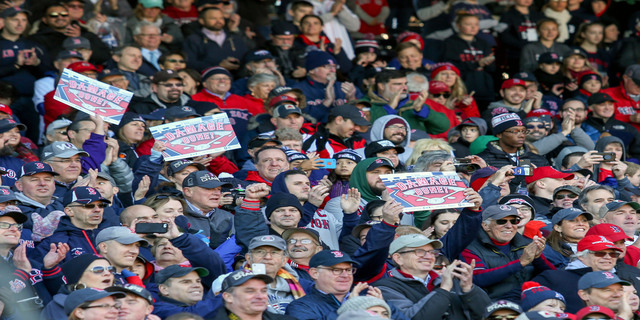
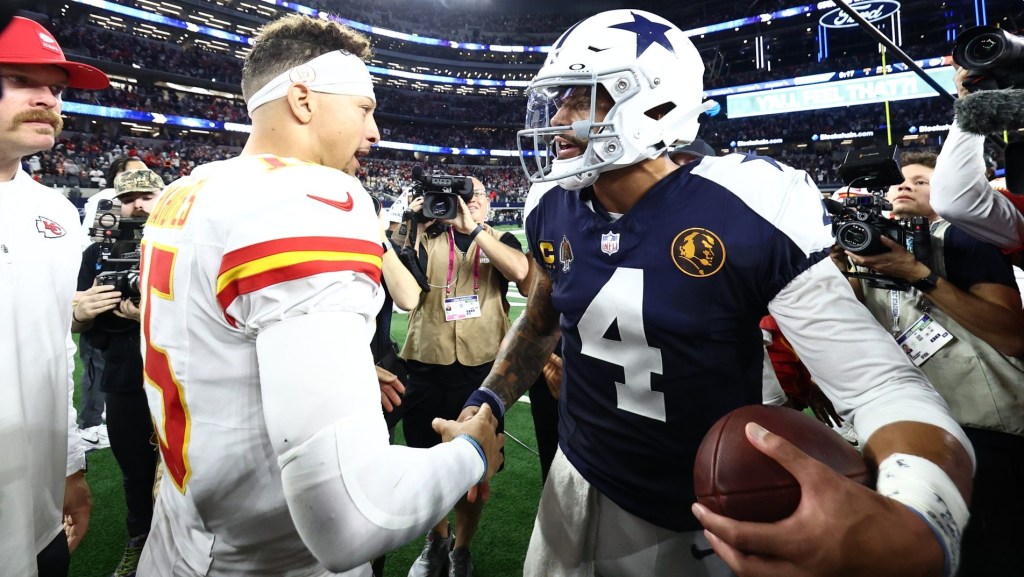
![[Subscription Customers Only] Jun 15, 2025; Seattle, Washington, USA; Botafogo owner John Textor inside the stadium before the match during a group stage match of the 2025 FIFA Club World Cup at Lumen Field.](https://frontofficesports.com/wp-content/uploads/2026/02/USATSI_26465842_168416386_lowres-scaled.jpg?quality=100&w=1024)
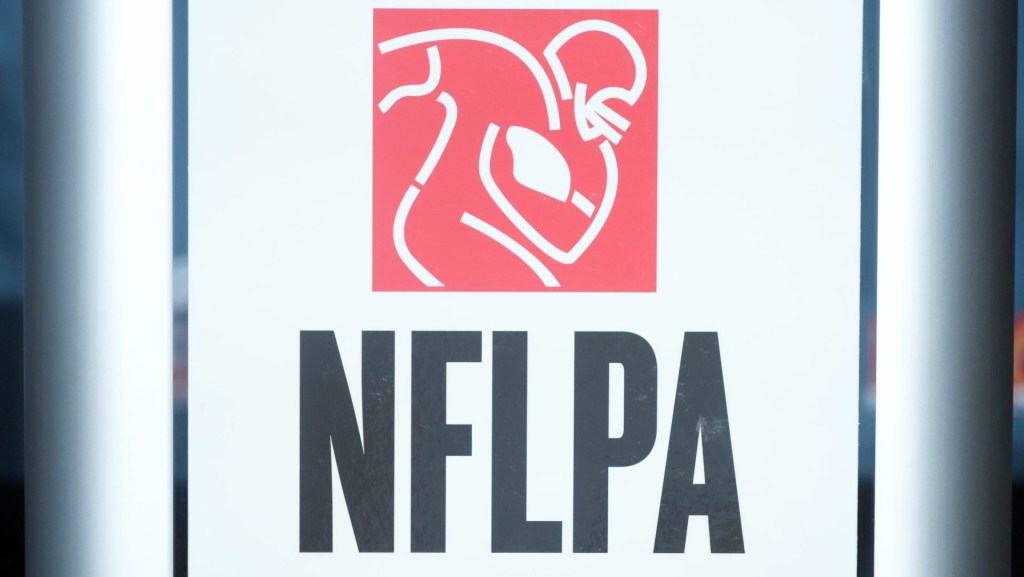

![[Subscription Customers Only] Jul 13, 2025; East Rutherford, New Jersey, USA; Chelsea FC midfielder Cole Palmer (10) celebrates winning the final of the 2025 FIFA Club World Cup at MetLife Stadium](https://frontofficesports.com/wp-content/uploads/2026/02/USATSI_26636703-scaled-e1770932227605.jpg?quality=100&w=1024)




